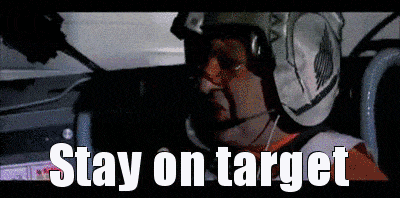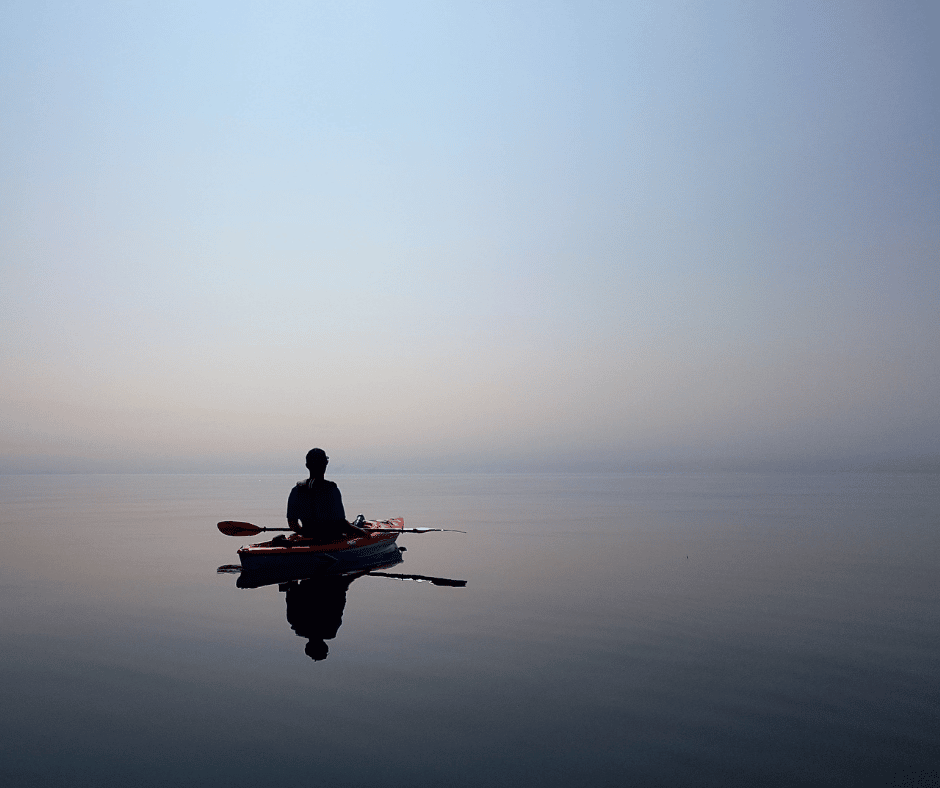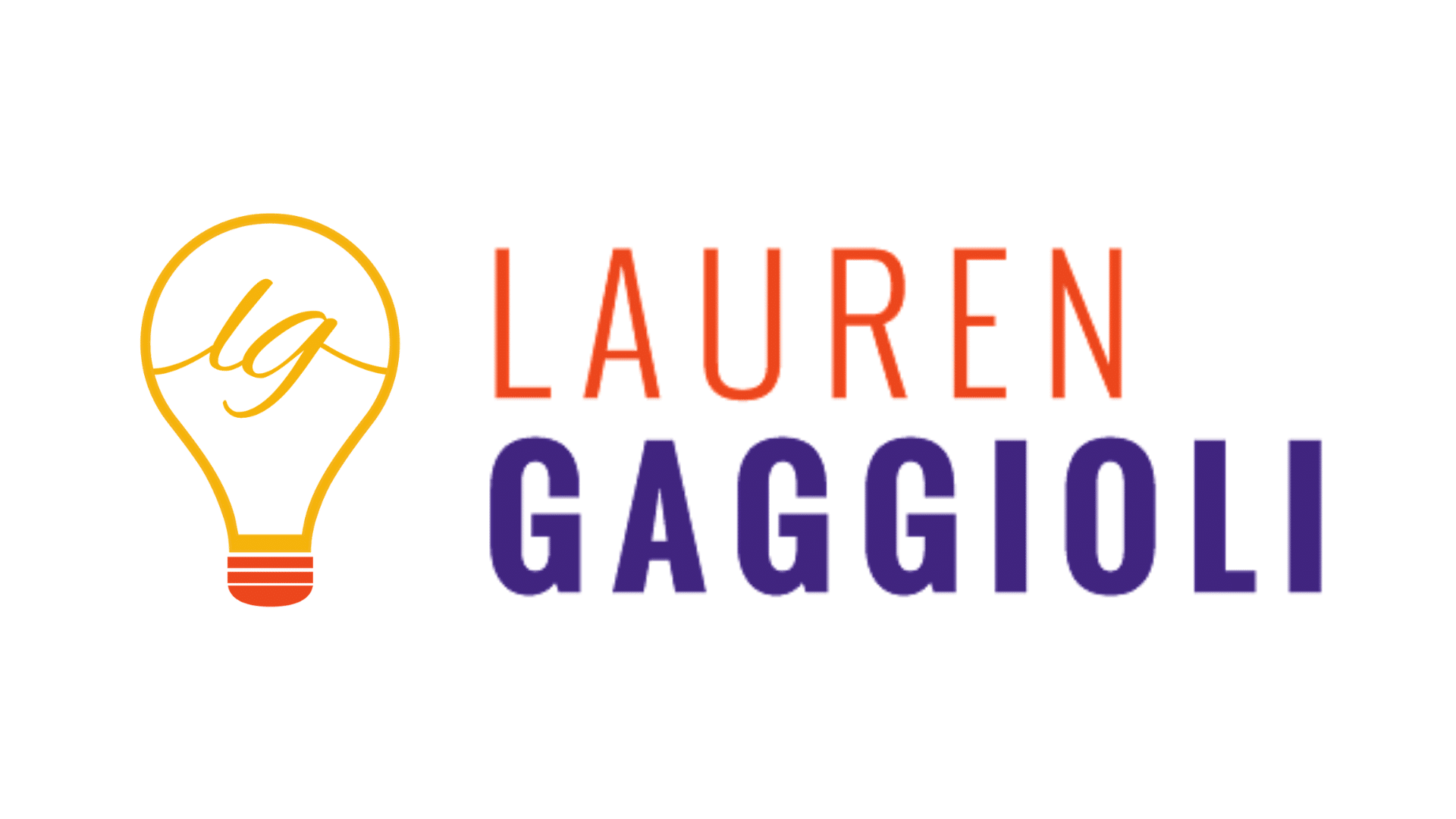Have you been trying to figure out what you want out of life for a while now but are coming up empty?
Do you feel frustrated by the fact that you feel you're capable of so much but are having a hard time choosing the direction you want to go first?
If you’re struggling with a sense that you don’t know what to do with your life or that you aren’t living up to your potential, I have good news.
You’re not alone. And you’re not wrong to feel this way.
Why Is It So Hard To Figure Out What You Want Out Of Life?
Let’s start by stating the obvious: figuring out what you want in life is an intimidating proposition.
It feels hard because it is hard.
You have no resource more precious than your time. None. So deciding how you want to spend that time isn’t a decision you should make on a whim.
And, let’s be honest, figuring yourself out feels like it should be easy but it’s really just a softer way of saying what you’re really looking to do, which is name your purpose or find your passion.
Regardless of what we call it, we all recognize on a gut level that this choice has heft.
But if it’s so important and time is so precious, why do we struggle to take steps forward?
I believe that there are 3 primary reasons why figuring out what you want out of life is so tricky.
- We think too narrowly.
- We display false confidence in the face of uncertainty.
- We are trying to avoid a hidden fear.
Let’s dive in…
1. The Questions We’ve Been Asked Condition Us To Think Too Narrowly
One of the things I like to do when helping people find and name their Big Why is start from the outside and see what has been impacting us that we may not have been aware of.
And how we think today has been, at least in part, shaped by the adults who were in charge when we were kids.
We adults have a tendency to shut down wondering and expunge questioning in our kids from a very young age. We do this, primarily, by asking a lot of closed-ended questions.
“How old are you?”
“What do you want to be when you grow up?”
“What is 2 plus 2?”
These reductive questions have their place, no doubt, but a great many of the adults in positions of authority in our world seem hell-bent on getting kids to stop asking the questions they have and start answering the ones we grown-ups pose.
And it doesn’t stop in childhood. There’s a reason most conversations feel stilted even in adult life and it is the closed-ended, reductive way we talk to one another.
Maybe we’re just trying to save time (“How are you?” “Fine.”), but the pattern gets ingrained in us and we start to think in that confining groove.
If this is the primary pattern of questioning over time, our brains begin to defer to reductive thinking.
Our minds build their very own trench run and we mindlessly opt to stay on target, creating a habit in ourselves that aims to zero in on a singular, correct answer.

When you're trying to figure out what you want out of life, one of the most limiting things you can do is think reductively.
But…we’re not out in the wilderness anymore. And what many of us have unwittingly learned and accepted in doing this is that there is a right way to answer questions.
To be more precise: there is just one right way to answer every question.
So when faced with the question “What do I want out of life?” - a question that is so staggeringly meaningful and has profound implications with regard to our future happiness and well-being - it’s no wonder we tense up.
After all, if there’s a sense that there is only one, singular correct answer, we better be dang sure we’re choosing the right thing before we start moving towards it.
It also feels like we’ll just know when we find it.
Skies will part. Angels will sing.
We’ll. Just. Know.
Hunches and inklings are dangerous territory. If we don’t feel that choir-of-angels feeling, it seems safer to sit in one place until we have more certainty about which direction to begin moving.
But, sadly, that’s not how naming your purpose works.
We can’t think our way to certainty. We have to act our way towards it - missteps and all.
Action begets action, but moving just for the sake of moving isn’t the best course either.
Which brings us to our second stumbling block as we aim to name our purpose.
2. We’re Encouraged To Display False Confidence Rather Than Ask For Help
Like it or not, we’ve all been inundated with messages which insinuate that we should have had ourselves figured out a long time ago.
Even though many people struggle with naming their purpose, it seems our mental default is to assume that everyone else knows what they’re doing while we’re lost in the woods all by ourselves.
Remember that closed-ended question from Point #1: “What do you want to be when you grow up?” Our internal beratement goes something like this…Shoot! If a 5 year old can name their purpose, what’s wrong with me?
But there’s a second layer to this point that makes it even more insidious.
Most of us have also been encouraged throughout our lives to move forward with confidence or to act as though we have the answers even when we don’t.
Thus, we have a recipe for disaster.
Ever been told that, if you don’t have the answer, you should just guess? Ever felt that, once you stated a position, you couldn’t back down even when evidence was imploring you to reconsider?
While this might be a good strategy on a multiple choice test or in the middle of a highly prepared debate competition, guessing or blindly standing by your original opinion is destructive in real life.
Please reference every family argument at Thanksgiving and all comments sections on the internet for further evidence of this fact.
And this false bravado becomes a real problem when it comes to critical thinking about the important stuff in life, like where you’re going to spend your most precious resource: time.
Ask someone who’s been taught that every question has one answer and that they should always guess or act as if they’re certain in instances in which they are not, then hand them the whole “What do you want out of life?” question and watch the analysis paralysis set in.
In essence, this exercise is like handing a 350lb barbell to a toddler and asking him to clean and jerk.
He’ll probably be super enthusiastic and give it his best from a multitude of angles…but we all know that puppy ain’t gonna budge.
...unless the kid is Grogu, of course.

So if you’ve struggled with setting forth on many a new adventure (career, hobby, new year’s resolution, etc.) with the sense that “THIS IS DEFINITELY THE THING!” and the winds of new-found purpose in your sails only to give it up as a bad job a few days or weeks later, you’re probably stuck here in the fake-it-til-you-make-it mindset.
The mental steps of this errant process go something like this:
I see everyone around me acting as though they know what they want.
I will act as though I know what I want. ::activates interest-seeking missiles::
Oh look! A shiny, interesting object. Maybe that’s what I want?
I will now go for it like I have never gone for anything ever before.
This does not feel right, but I am sticking to it because I am New-Found Purpose Person.
This really doesn’t feel right. I am stopping.
I am a failure. You can now find me on the couch cradling a quart of ice cream. For forever.
Rinse and repeat.
All joking aside, this approach is dangerous because we proceed to spiral ever deeper into ourselves, acting confident on the outside and feeling lost on the inside. That creates cognitive dissonance and is one of the main reasons why not knowing your purpose feels so isolating and uncomfortable.
When we act without clear intention, we risk being out of alignment with ourselves.
Further, we assign ourselves the identity of failure instead of labeling the activity as not a good fit for us.
As we solidify this identity in ourselves, it becomes increasingly difficult to reach out for help. We feel trapped in our failure identity and lose hope that we will ever find what we genuinely want to do with our lives.
This is a hard habit to change, but there is a way.
I’ll share more on how to shift your mindset around this in a minute, but - first - let’s explore one additional hidden difficulty that comes with naming your purpose.
3. There’s A Hidden Fear That Lurks Beneath The Myriad Choices Before Us
There’s another challenge that comes with figuring out what you want in life, one that is hidden from view but triggers feelings of fear or panic when we finally get close to planting our feet and saying which direction we wish to head.
You may be struggling with it too. And it is so sneaky that you might not even realize that you’re struggling with it.
It manifests as uncomfortable sensations in your body, upper limit behaviors in your life, and a serious case of the I-don’t-wanna’s.
And it comes about because many people believe two inherently incorrect things about figuring out what they want out of life.
They believe that…
Identifying your purpose is a singular act.
Naming your purpose is a zero sum game.
Said another way: once you decide what you want to do with your life, from then on that is your one thing. It is the only thing you’re allowed to do.
It is etched in stone. Forever.
But this is just not true!
The truth goes a little more like this…
Living in your purpose is a journey of exploration.
You should set off on that journey in a direction that is in alignment with your core values and natural passions. As you travel, you’ll learn more about yourself and the surroundings and see even more exciting opportunities to live in your true purpose than you ever did before.
Don’t feel badly if you’re struggling with this because, frankly, no other generation has faced precisely what we are facing in today’s world.
We are in amazing new territory living in a world in which we have more options for how we spend our time than ever before and those options are not only rapidly expanding, but we can see them as they are expand.
The transparency of the internet shows us everything we can do and also reminds us that we’ll never do it all.
Cue the spin cycle of indecision and overwhelm.
Listen: in comparison to your ancestors who could choose from a list of about ten occupations and four free time activities, you have an entirely different prospect before you.
It is exhilarating and exhausting.
But if you view your decision to focus on one thing as a zero sum game (i.e. if I choose this, I necessarily can’t choose that), you’re going to seize up.
So how can we dial down fear and FOMO so we can make a dang decision already?
I’m so glad you asked…
How To Figure Out What You Want In Life
The antidote to overwhelm in naming your purpose is to run in the opposite direction of the challenges above by doing this…
- Ask yourself expansive questions.
- Seek mentorship and community over isolation.
- Craft a personal mission statement that gives you both direction and breathing room.
And while the first two are fairly self-explanatory, the last one takes a bit of finesse.
When I help my students name their purpose in my online course Big Why Life, I do so with an eye on striking the balance between two critical elements.
We want to craft a personal mission statement that is:
- narrow enough to create intentional direction, and
- broad enough to allow for play and improvisation.
To help you understand why this is important, let’s imagine you’re sitting in a kayak in the middle of a calm lake. The water is like glass and it reaches to the horizon in all directions.
You cannot see land. You have a 360 degree view of water.
It’s basically the ocean from The Truman Show.

Figuring out what you want in life is overwhelming when you can see so many options in front of you.
You can head in any direction you want. You can paddle as fast or slow as you like. It’s entirely up to you to choose.
This is what it can feel like when you’re first dipping your toes in and trying to figure out what you want in life.
It’s all there for the taking! You simply need to start paddling.
And so you begin to paddle towards the actions you want to try.
You paddle to the right and discover what you wanted to try there doesn’t really work for you. So you turn left and try something 100 yards away. That doesn’t work out. You backtrack another 400 yards. That’s no good.
The water becomes choppy. You’re generating all the movement yourself. And you’re crossing and recrossing your own path, becoming ever more frantic as you search and miss the mark on the things you’re trying.
And when you look up, you realize that you’re essentially in the exact same place you started.
This is why action for action’s sake - the Do Something Principle that Mark Manson recommends - feels not-quite-right to me.
With so many choices with regard to how you spend your time at your fingertips, your odds of picking an action that genuinely moves you forward is slim to none.
While it will absolutely generate movement, it will likely be more frenetic, swirling energy than the momentum-making, motivation-creating flow that truly serves us and helps us make progress.
This is more akin to James Clear's notion of Motion vs Action which feels more in alignment with what I've found helps when I'm feeling stuck.
So, instead of doing any old thing, I want to encourage you to think of naming your purpose as though you are turning that still lake into a flowing river.
Draw in the banks alongside you. Define them for yourself and, by narrowing their angle, you’ll find that the lake becomes a flowing river that helps move you in a particular direction.

When you don't know what you want in life, begin by taking action in a specific direction.
When you’re on a river, you’re not having to self-generate the energy needed to make progress. You’re also more specific about your goals which allows the people in your life to rally around you and provide the support you need to keep traveling on your way
And it’s not like you can’t pull your kayak to dry land and have a picnic or something. Not every moment of your life has to be spent in service of your life’s purpose.
Hobbies are great. Vacations are fun.
But, when you name your purpose in this way, you’ll be more clear about how much time you’re allocating to purpose-driven activities or time in service of other goals.
And that free-flowing intentionality makes all the difference.
Your Next Right Step
So where should you head next?
You can begin taking action today by using these 3 exercises to help you when you don't know what to do with your life.
Or, if you are sick and tired of not knowing and are yearning for immediate clarity about your purpose, I would love to guide you through my online course to help you find, name, and live your purpose.
That said, behind every resonant purpose statement starts with clarity around the values you wish to live by.
If you purpose statement is the needle on your life's compass, your values are the magnet that draws that needle into alignment.
Fulfillment flows from this alignment.
To get started with naming your values, I've curated a list of 111 Core Values to Choose From.
Simply enter your name and email below and I'll send them your way right away.
